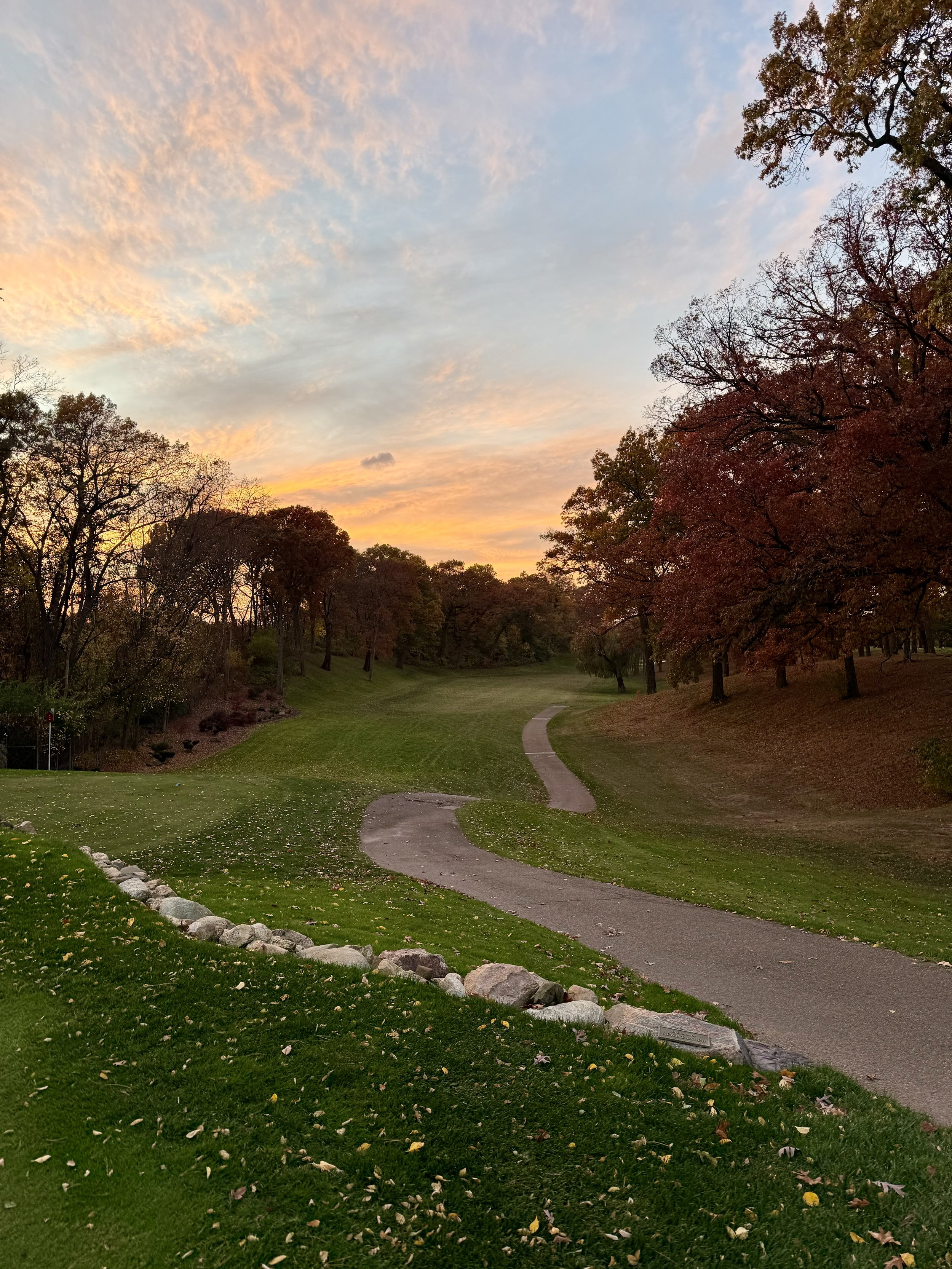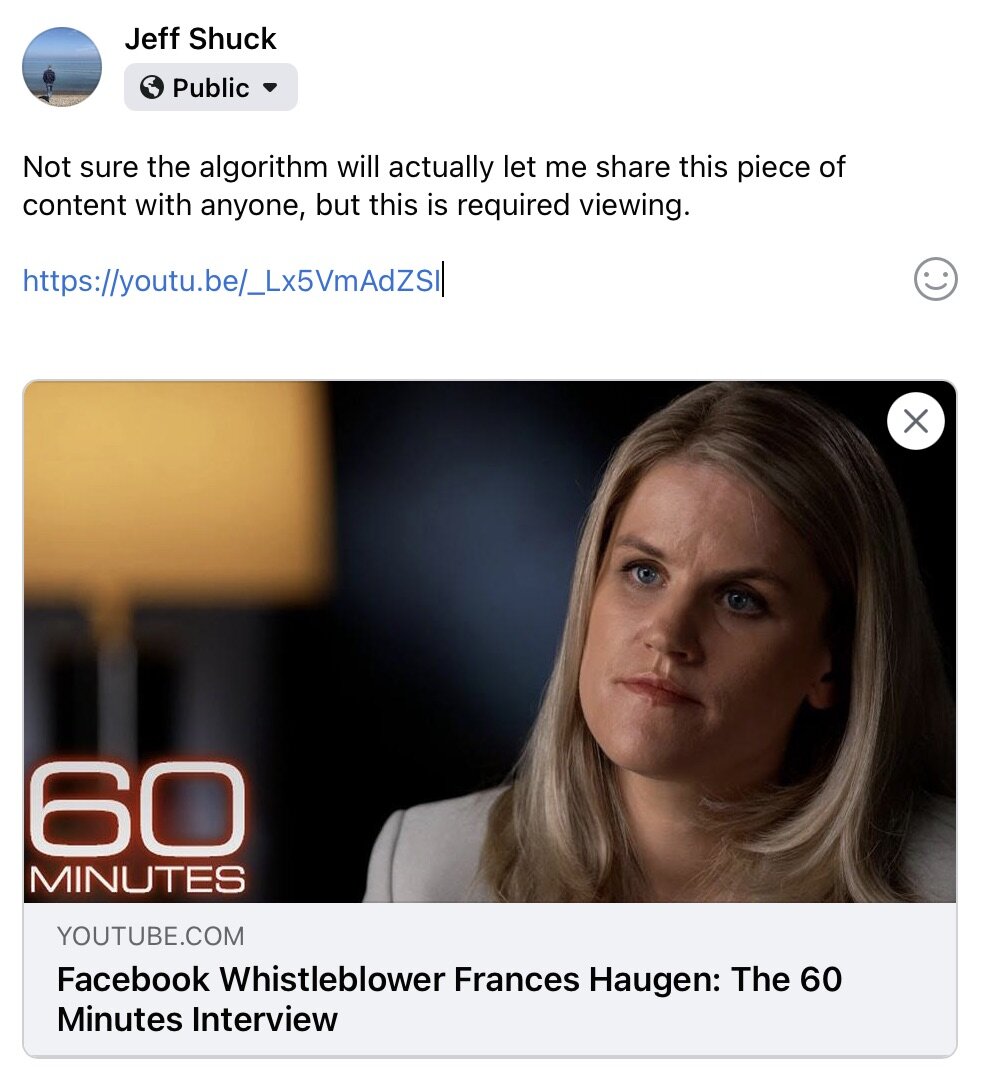Leaving the Facebook Ecosystem
It’s a great big world out there, and I’d rather see it unfiltered through my own smaller lenses than skewed through Mark Zuckerberg’s tunnel-vision glasses.
I am finally cured of my desire to be a pleaser.
My patience for apologists and moral equivalences and explaining away hate is finally at absolute zero.
Progress That Provides For Everyone
Despite the divisive messages we are bombarded with, it is actually possible to see both sides of an issue.
Well, hello.
This is my ever-present, occasionally updated online space. More about me here.











